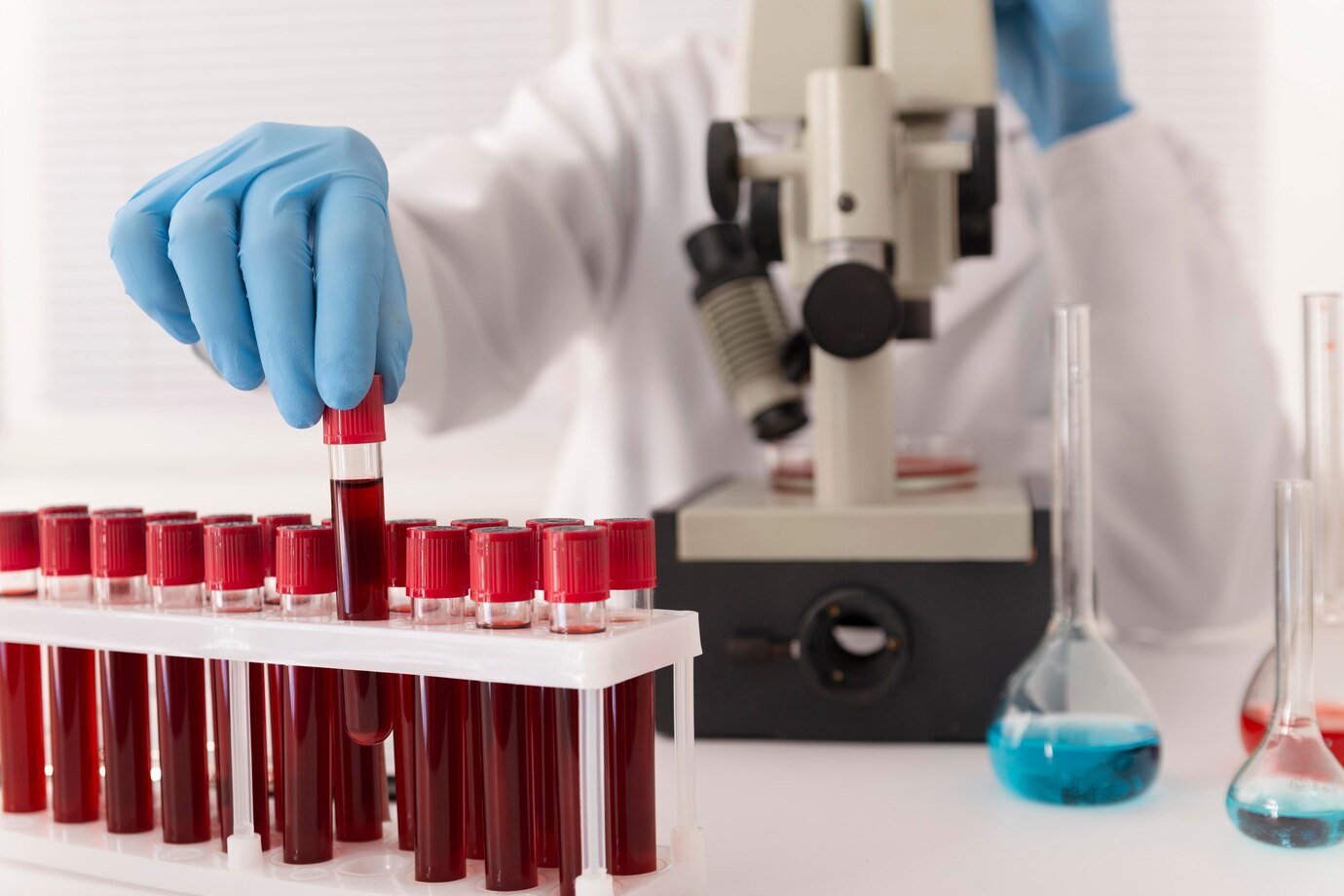Introduction
Pathology testing is one of the most important components of healthcare, providing accurate diagnosis, monitoring, and detecting underlying health conditions. Whether it’s a routine blood test or a more complex biopsy, pathology tests provide critical insights into your overall health.


What is Pathology Testing?
Pathology testing refers to the analysis of blood, urine, tissue samples, and other body fluids to identify diseases and abnormalities. These tests can detect infections, genetic disorders, cancers, and metabolic conditions. Some common tests include:
- Blood Tests for detecting infections, anemia, diabetes, and other conditions
- Urine Tests to uncover kidney disease or urinary tract infections
- Biopsy for diagnosing cancers or other tissue abnormalities
- Culture Tests to identify bacterial or viral infections
Pathology testing provides early detection for serious diseases, potentially saving lives by enabling early intervention. It allows healthcare providers to monitor ongoing treatments, ensuring optimal health outcomes.
Why Pathology Testing Matters in Disease Prevention?
In preventive healthcare, regular pathology tests can detect conditions before they show noticeable symptoms, improving treatment outcomes. For instance, a blood test for cholesterol or sugar levels may identify heart disease or diabetes risks early. Additionally, tests such as a mammogram or pap smear help in early cancer detection, making a significant difference in treatment success.
Key benefits of pathology testing:
- Early detection of diseases such as cancer, diabetes, and infections
- Monitoring ongoing treatments, for instance, in chemotherapy or diabetes management
- Preventing the progression of chronic conditions through timely interventions
Incorporating pathology testing into routine health check-ups can ensure that health issues are addressed before they become life-threatening.
The Role of Pathology Testing in Disease Monitoring
Pathology testing doesn’t just help detect diseases—it also plays a crucial role in monitoring existing conditions and managing ongoing treatments. Regular health screenings can help doctors assess whether treatments are working or if adjustments are needed.
For instance:
- Cancer patients often undergo regular blood tests to monitor the progress of their treatment and detect any signs of relapse.
- Chronic conditions, like diabetes or hypertension, require regular testing to ensure that medication and lifestyle changes are effective.
Examples of pathology tests for monitoring health:
- Blood Glucose Tests for managing diabetes
- Kidney Function Tests to monitor kidney health
- Liver Enzyme Tests to track liver health
By regularly testing, doctors can adapt treatment plans based on real-time data, ensuring that patients receive the most effective care tailored to their needs.
Why Choose a Reliable Pathology Lab?
Choosing a reputable pathology lab is crucial for receiving accurate results. Certified labs adhere to strict quality standards and use the latest diagnostic equipment, which ensures precision in your test results. Look for:
- Accreditation by regulatory bodies
- Modern diagnostic tools
- Trained professionals providing results in a timely manner
An accredited and reliable lab ensures accurate testing and provides insights that can lead to better health outcomes.
The Benefits of Pathology Testing for Health Monitoring
Regular pathology tests serve as a proactive approach to health monitoring, enabling individuals to manage their health effectively. Whether you’re young and healthy or dealing with a chronic condition, pathology testing is a crucial step in staying on top of your well-being.
Personalized Healthcare: Regular tests allow doctors to tailor healthcare plans to each individual’s unique needs. Results from blood tests, genetic testing, or urine tests can help doctors create a treatment plan that’s best suited for your health.
Detecting Hidden Conditions: Even if you feel healthy, routine pathology tests can help detect diseases like heart disease, diabetes, or cancer early, leading to better treatment outcomes.
Monitoring Chronic Diseases: For those with chronic conditions, such as heart disease, diabetes, or kidney issues, consistent pathology tests ensure that the condition is being managed well and help to make adjustments to treatment plans when necessary.
Conclusion
Pathology testing is a crucial tool for proactive health management. Regular testing helps in the early detection of diseases, the monitoring of chronic conditions, and the personalization of healthcare plans. Take charge of your health by scheduling regular pathology tests and ensure you’re on the path to better health.

